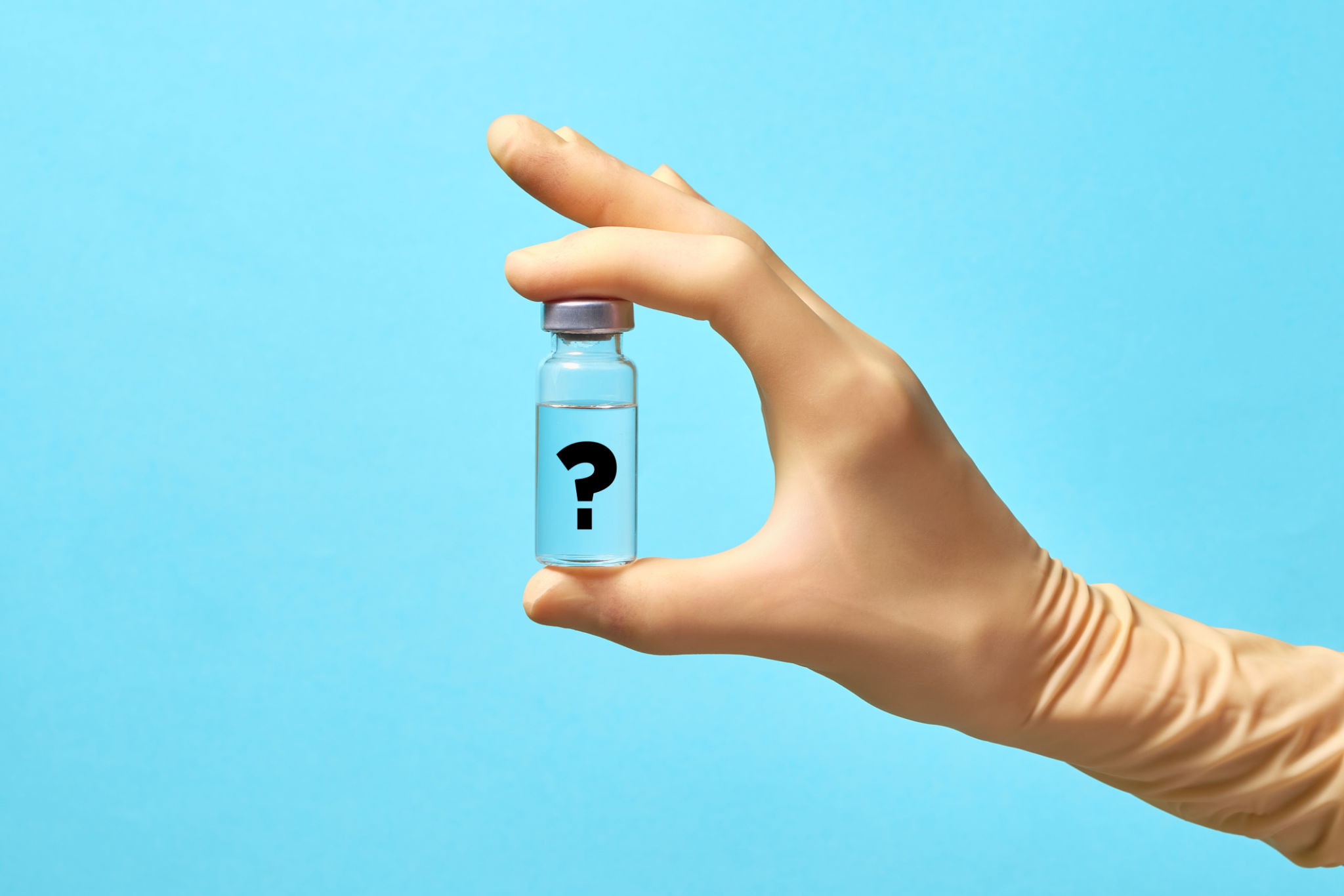Understanding Covid Vaccine Injury: Steps to Recovery
Understanding Covid Vaccine Injury: Steps to Recovery
The Covid-19 pandemic has brought about significant advancements in medical science, particularly with the rapid development and deployment of vaccines. While these vaccines are generally safe and effective, a small number of individuals may experience adverse reactions or injuries post-vaccination. Understanding these vaccine injuries and knowing the steps to recovery is crucial for those affected.

Recognizing Vaccine Injuries
Vaccine injuries can manifest in various ways, ranging from mild to severe. Some common symptoms include fatigue, fever, headaches, and muscle pain. In rare cases, individuals may experience more serious reactions such as myocarditis or blood clotting disorders. It's important to note that experiencing any of these symptoms does not necessarily confirm a vaccine injury; consulting with a healthcare provider is essential for proper diagnosis.
Early recognition and prompt medical attention are key to managing any potential vaccine injury. If you suspect you have experienced an adverse reaction, it's important to document your symptoms and seek medical advice promptly.
Seeking Medical Evaluation
If you believe you've experienced a vaccine injury, the first step is to consult with a healthcare professional. They can provide an accurate diagnosis and rule out other potential causes of your symptoms. Open communication with your doctor is crucial, and you should provide detailed information about your vaccination history and any symptoms you're experiencing.

In some cases, your doctor might recommend additional tests or refer you to a specialist to better understand the nature of your condition. This evaluation process is vital for developing an effective treatment plan tailored to your specific needs.
Exploring Treatment Options
Treatment for vaccine injuries varies depending on the type and severity of the reaction. For mild symptoms, rest and over-the-counter medications may suffice. However, more severe cases might require specialized medical interventions such as anti-inflammatory drugs, physical therapy, or even hospitalization in rare circumstances.
Your healthcare provider will guide you through the available treatment options and help you make informed decisions about your recovery process. Always follow their advice closely and report any new or worsening symptoms immediately.

Engaging in Supportive Care
Aside from medical treatment, supportive care plays a crucial role in the recovery from vaccine injuries. Engaging in a healthy lifestyle can significantly enhance your recovery process. Ensure you get adequate rest, maintain a balanced diet, and stay hydrated.
- Practice stress-reduction techniques such as meditation or yoga.
- Stay connected with family and friends for emotional support.
- Participate in community support groups for individuals experiencing similar challenges.
Reporting Vaccine Injuries
An essential step in managing vaccine injuries is reporting them to relevant health authorities. This can help in tracking potential patterns of adverse reactions and improving vaccine safety protocols. In the United States, the Vaccine Adverse Event Reporting System (VAERS) is a key platform for reporting such incidents.
By reporting your experience, you contribute valuable data that can assist in enhancing public health measures and ensuring safer vaccination experiences for others in the future.
Moving Forward
Recovering from a vaccine injury can be challenging, but with the right medical support and self-care strategies, most individuals can expect to regain their health over time. It's crucial to remain patient and proactive in your recovery journey.
Remember that the benefits of Covid-19 vaccination far outweigh the risks of adverse reactions for the vast majority of people. Stay informed, consult healthcare professionals as needed, and support community efforts to promote vaccine safety and efficacy.